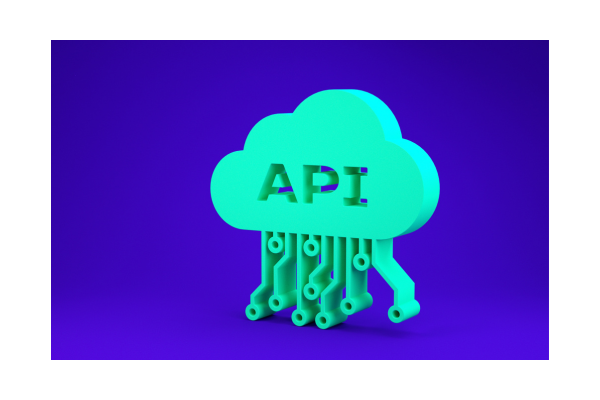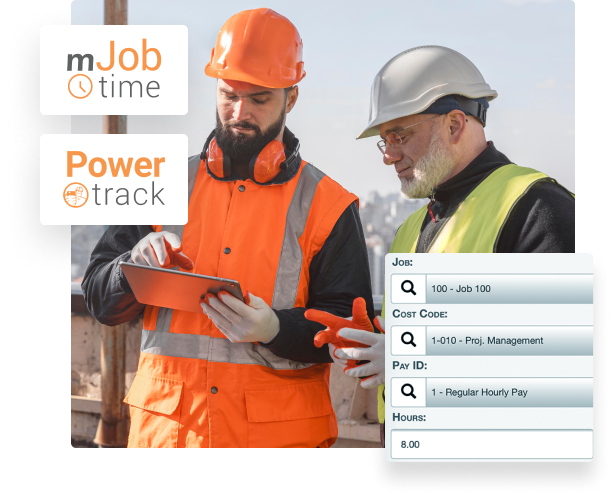Research shows that construction industry productivity has remained flat for several years. This can have a negative impact on project management efforts.
One way project managers in the construction industry can improve the productivity of the workers is to use effective employee productivity tracking methods.
This will enable project managers to identify which workers and tasks are causing productivity to lag and design ways to properly address the issues and improve productivity on the construction projects that they are responsible for managing. Using productivity tracking tools is fast and easy.
Breaking the Cycle
Many construction industry project managers say the productivity problem is now a cycle in which limited output has become the norm. Not long ago, workers were motivated to exceed construction industry productivity expectations. They took pride in being able to do the job faster and better than their managers thought was possible.
Now project managers have to find ways to break the cycle of flat-lining quality and quantity of work. Construction site time clocks make it easier for project managers to collect the data they need, but they still need to translate that into behavior in the workplace.
Construction companies can break this cycle using a construction labor tracking software as part of their productivity system.
1. Employ Project Management Technology
There are many apps project managers in the construction industry can use to find good, effective, solutions to flat-lining employee productivity.
These easy-to-use apps keep the entire team focused on task management and on the same page. The applications can provide an overview of a construction project that shows who is doing what, as well as how quickly workers are completing their assigned tasks.
Project management technology tools can help to keep employees on task by defining which worker must do which job. It can also help manage expectations, make everyone aware of key deadlines and create open project related lines of communication.
2. Regularly Check In With The Workers
You may find regularly checking in with workers feels like you are attempting to micro-manage them.
In reality, daily check-ins let employees know you care about the quality and quantity of their work performance and want to be aware of and do anything you can to enhance their productivity.
Ask workers:
- What they have accomplished each day
- If they are on track to attain their goals in the allotted time frame
- What obstacles are preventing them from making faster progress
- What you can do to help them eliminate the obstacles.
This not only helps with employee productivity, it’s an excellent way to increase morale and show support for your workers.
3. Focus On Results
The productivity of your team will increase when they see your focus is on the results produced and not on hours worked.
When workers think project managers are only focused on the number of hours they work each day, they will find ways to waste time until it’s time to clock out. On the other hand, if you make it clear you want specific tasks to be completed each day and workers can leave early and get full pay if they successfully complete those tasks, productivity will skyrocket.
Employees will gladly work harder and faster if they know doing their assigned tasks quickly and properly enables them to go home early and still get a full day’s pay.
mJobTime’s mobile biometric time tracking solutions can eliminate buddy punching, and GPS tracking tells you where and when workers clock in.
4. Set Clear Expectations
When workers have clear goals and expectations, it’s easy for them to be much more productive.
Set clear, specific, measurable, realistic and attainable goals for each employee and team and communicate them clearly. This lets workers know exactly what they have to do to be successful. The clarity of purpose and expectations enables and encourages workers to be more productive.
Their focus becomes doing their task and helping their team and the organization attain their overall goals in the least time possible so they can earn more money in less time and learn new skills.
5. Track Performance
Tracking and recording the excellent work of an employee is the ultimate way to measure success.
When it comes to effective employee productivity tracking, tracking how well and how quickly an individual performs their duties is much more important than the number of hours their put in. It reveals if they are meeting and exceeding the goals you have set for them and their team.
Fast, high-quality performance is productivity’s very definition. So monitoring and tracking each worker’s performance in real-time to capture what they are accomplishing and to provide support to workers unable to reach their performance goals is essential.
6. Be Transparent With All Your Communications
Be upfront, honest and clear when communicating with your employees.
When everyone is clear about their roles, the organization’s goals and how the two work together, it is much easier and more likely they will be as productive as possible. When workers know their goals and objectives, how their performance will be tracked and why the entire team needs to work together to achieve a common goal, their productivity is more likely to increase.
Plus, having a clear understanding of their role and the expectations the team has for them makes workers more focused, confident, self-assured and productive.
7. Reward The Quality And The Quantity Of People’s Work
When instituting systems to measure worker productivity, it’s important to be able to measure the quality of their work as well.
A truly productive employee not only does a high volume of work, they do it well. Employ a system that recognizes and rewards both the quality and the quantity of the work an employee produces. One employee may do more work than another one, but the quality of their work may not be as good.
Using a system that rewards them both and provides feedback on ways to improve the quality and quantity of their work can take the productivity level on the job to new heights.
8. Use Positive Reinforcement Practices
Happy workers tend to be more productive.
Project managers that take the time to praise and reward workers who do good work, find more of their staff improves the quality and quantity of their work. Employees love when their managers publicly acknowledge they appreciate the excellent work members of their team and the team as a whole does.
It’s not only money that motivates workers to be more productive. Pride in the work as well as the compassion and gratitude of their employers and managers also help. Managers and employers who treat their workers with respect and offer help rather than blame when errors occur usually have happier, more productive workers.
9. Measure And Monitor Both Short-Term and Long-Term Goals
Tracking construction workers productivity levels can be used to help both the project manager and the employee.
Tracking specific key short-term and long-term performance indicators and sharing the information privately with workers periodically helps them see and appreciate their growth or times when their performance and productivity may have slipped a little.
Seeing the small accomplishments and growth they had along the way can help to keep employees motivated and engaged in their personal and professional growth. It shows them the impact the tasks they do every day have on their skill level.
10. Give Both Work And Personal Development Goals
Giving employees goals related to both their jobs and their professional development shows you care about them as people and want to see them improve their skills.
That makes them more valuable to the company, increases their earning power and ability to take care of themselves and their loved ones. When workers see you want the best for them, it enhances their desire to be more productive and to put more time, energy and skill into the tasks you assign to them.
Your efforts to measure their performance can help improve their productivity.
11. Privately Point Out How They Can Improve
Measuring employee performance can help improve their productivity and identify the top performers and reveal which workers can benefit from extra help.
After gathering the information on employee performance, meet with each worker privately to praise them for their skills and productivity and show them areas where they need to spend extra time to become more skilled, productive and valuable personally and to the organization.
Praise them in public and offer them help to improve in private. Workers appreciate this and tend to become more productive when treated that way.
12. Provide Regular, Honest, Feedback
Let workers know you are using a productivity tracking system to monitor the amount and quality of their work and give them feedback on how they can be better at their jobs.
Communicating honestly and openly with them about the goals of the productivity tracking system will enhance their level of trust, boost their morale and increase their productivity. Providing regular feedback on what the tracking system reveals, acknowledging their positive achievements and offering support, training and help when they need it individually and collective, can make the productivity of your team soar.
Excellent Resources Available
Construction companies across the world have used mJobTime to increase construction employee productivity.
Contact us today for a demo of how mJobTime can improve the productivity of your construction employees.







